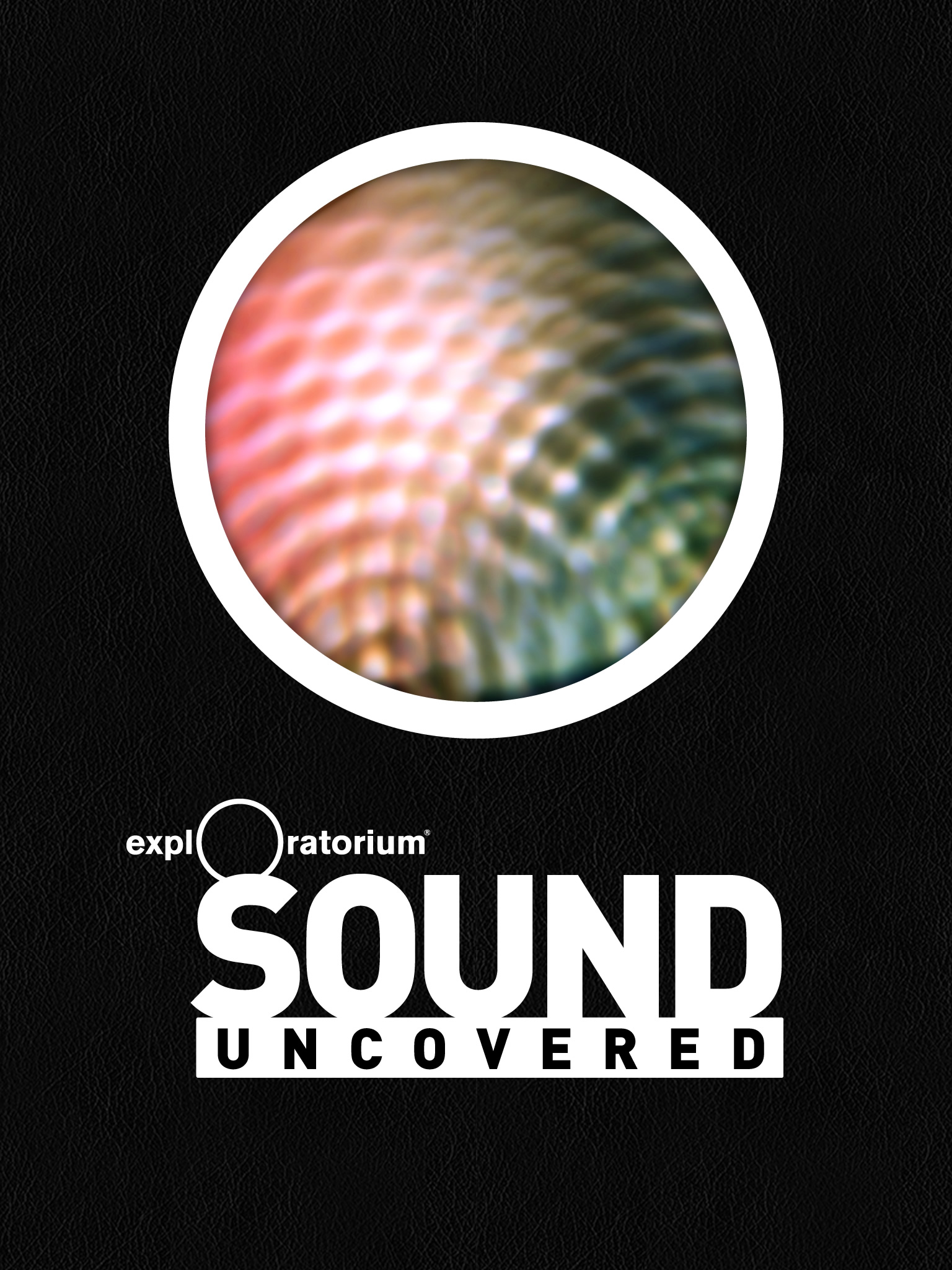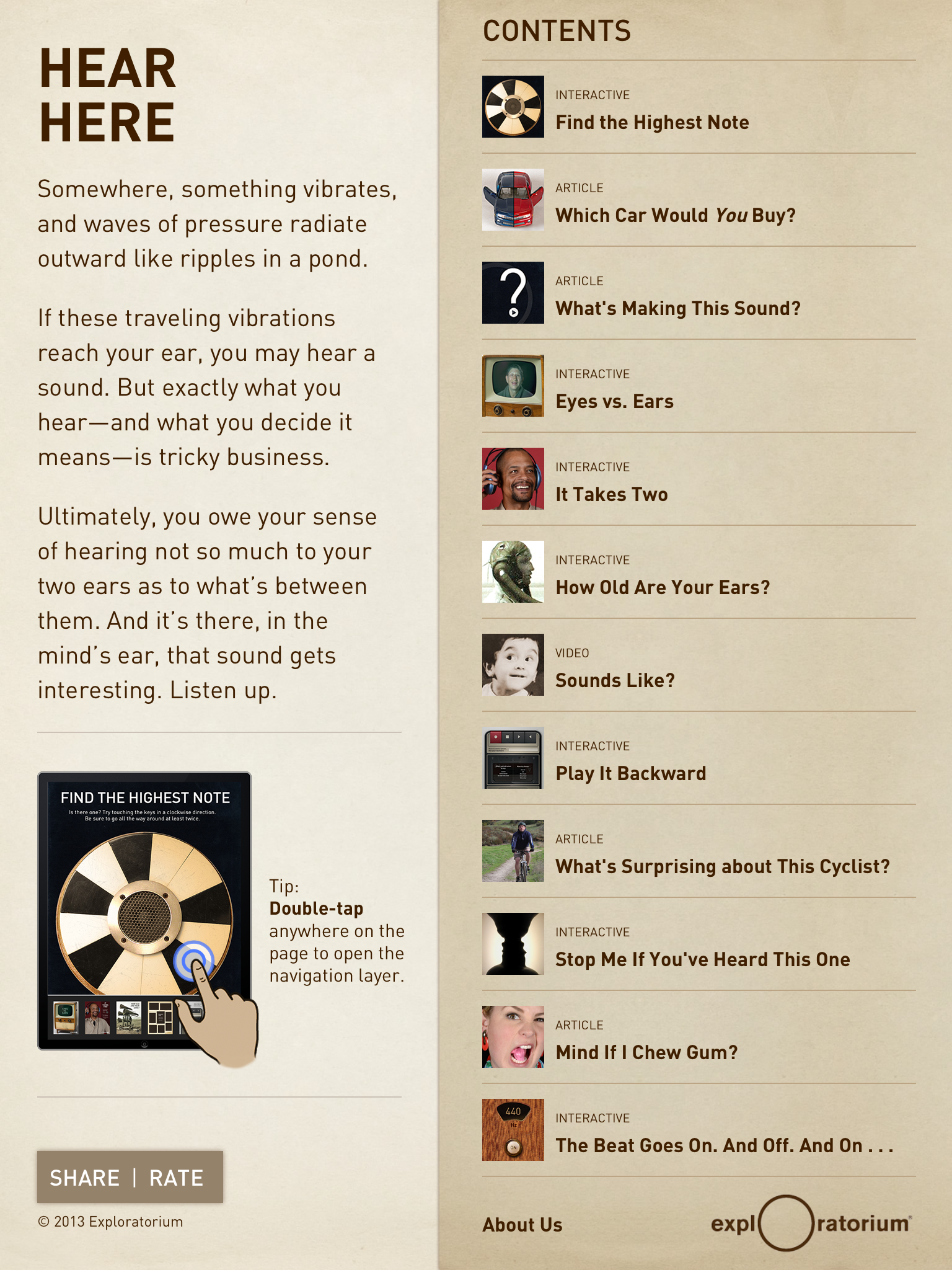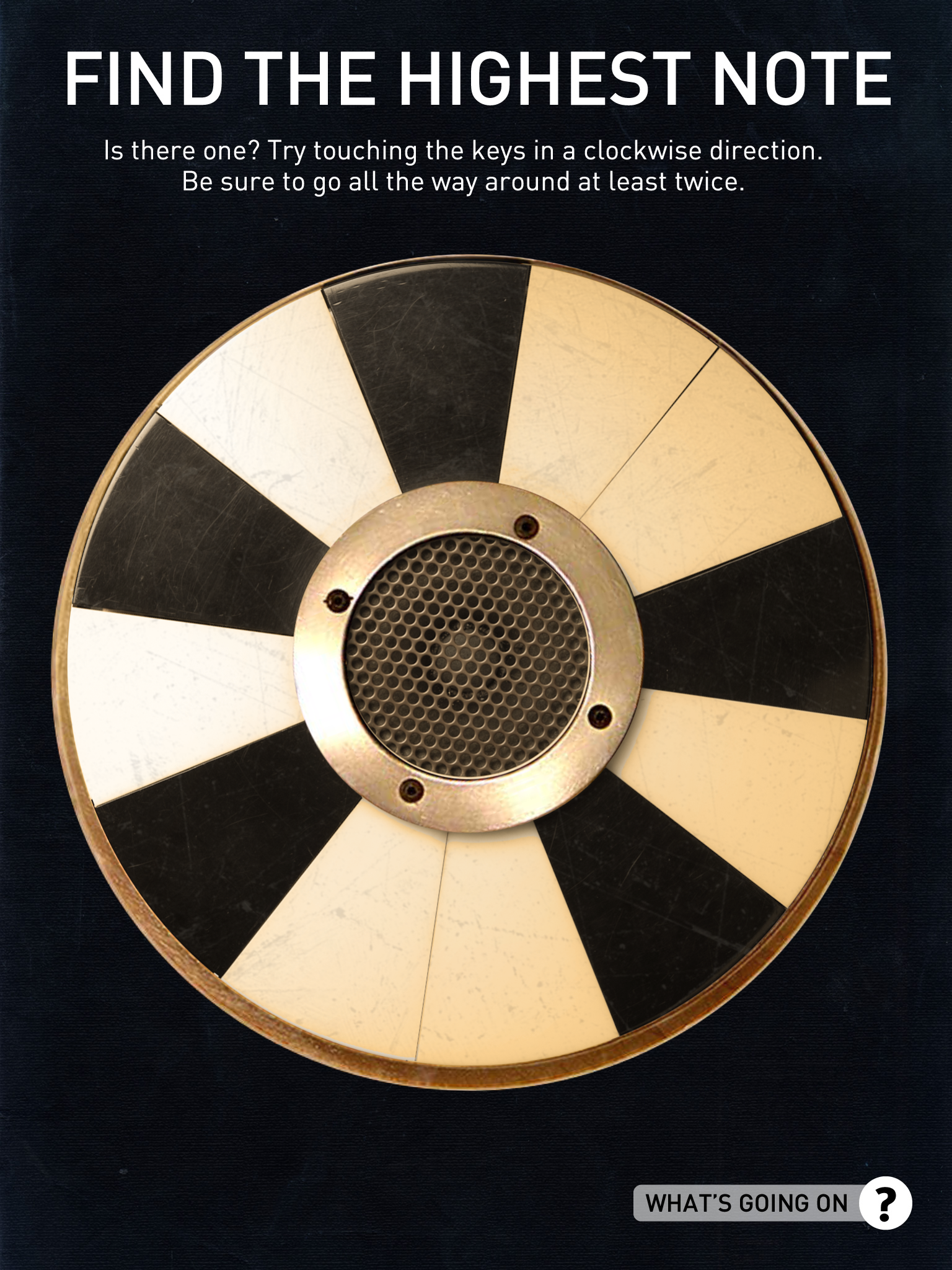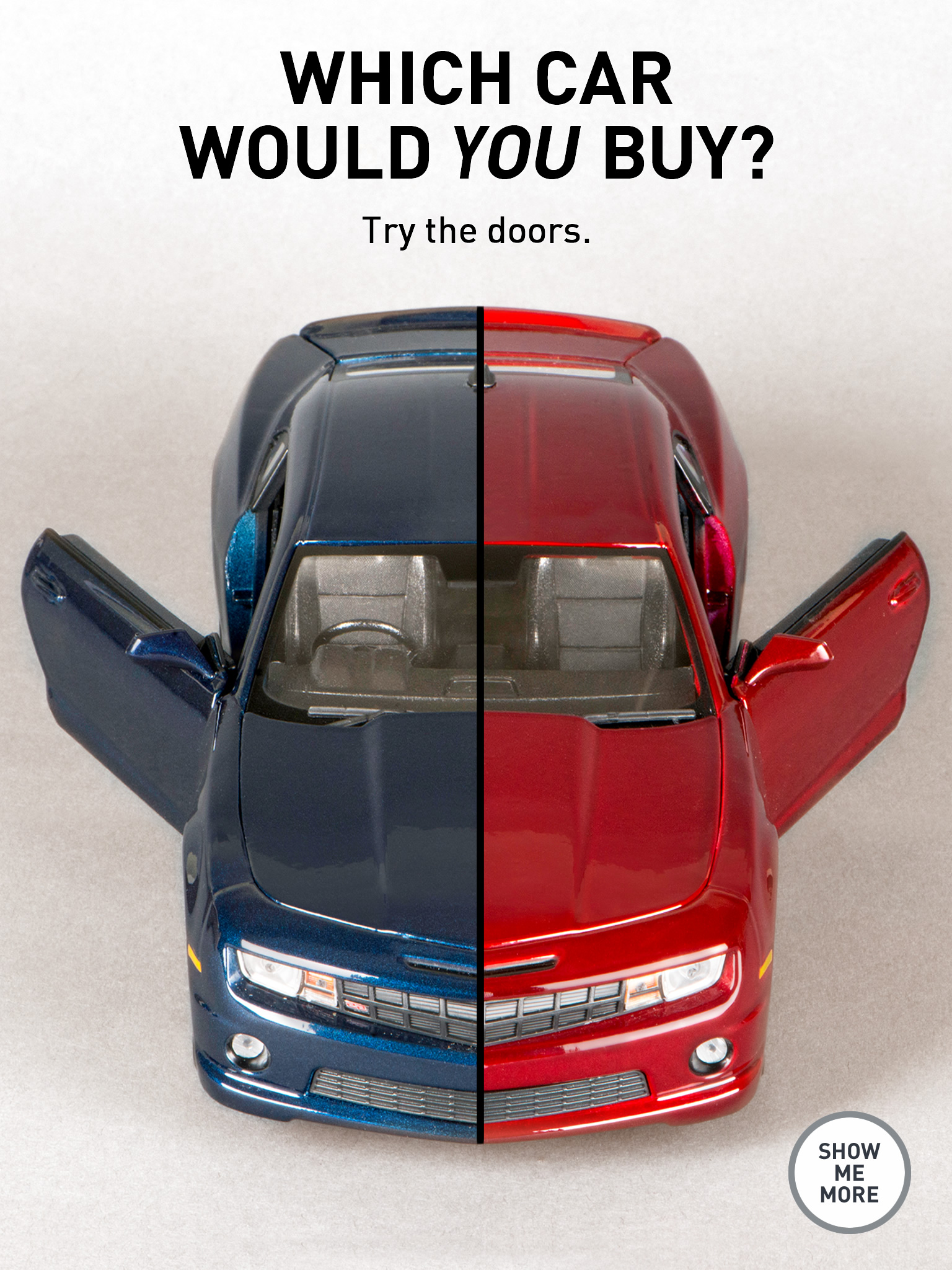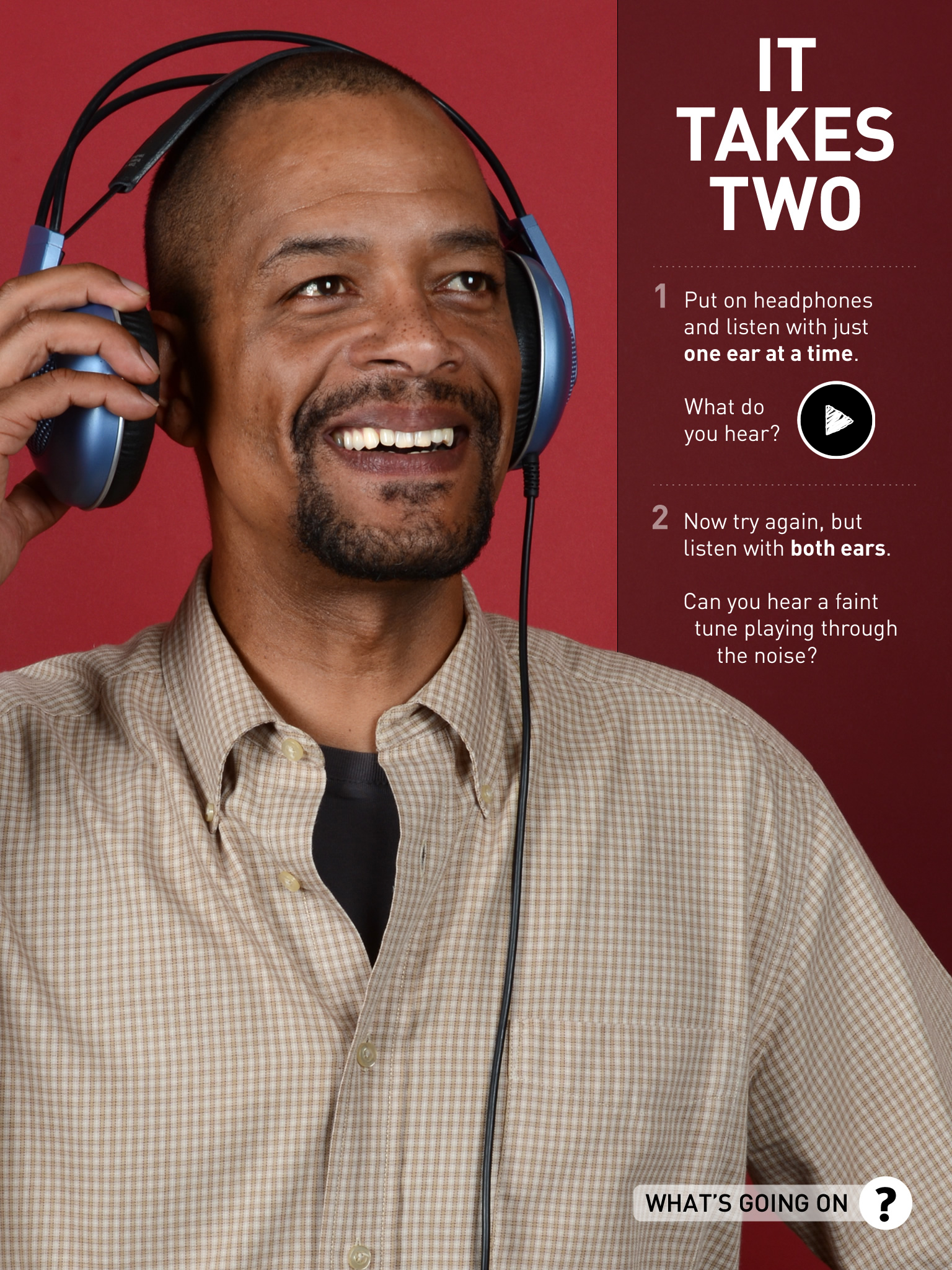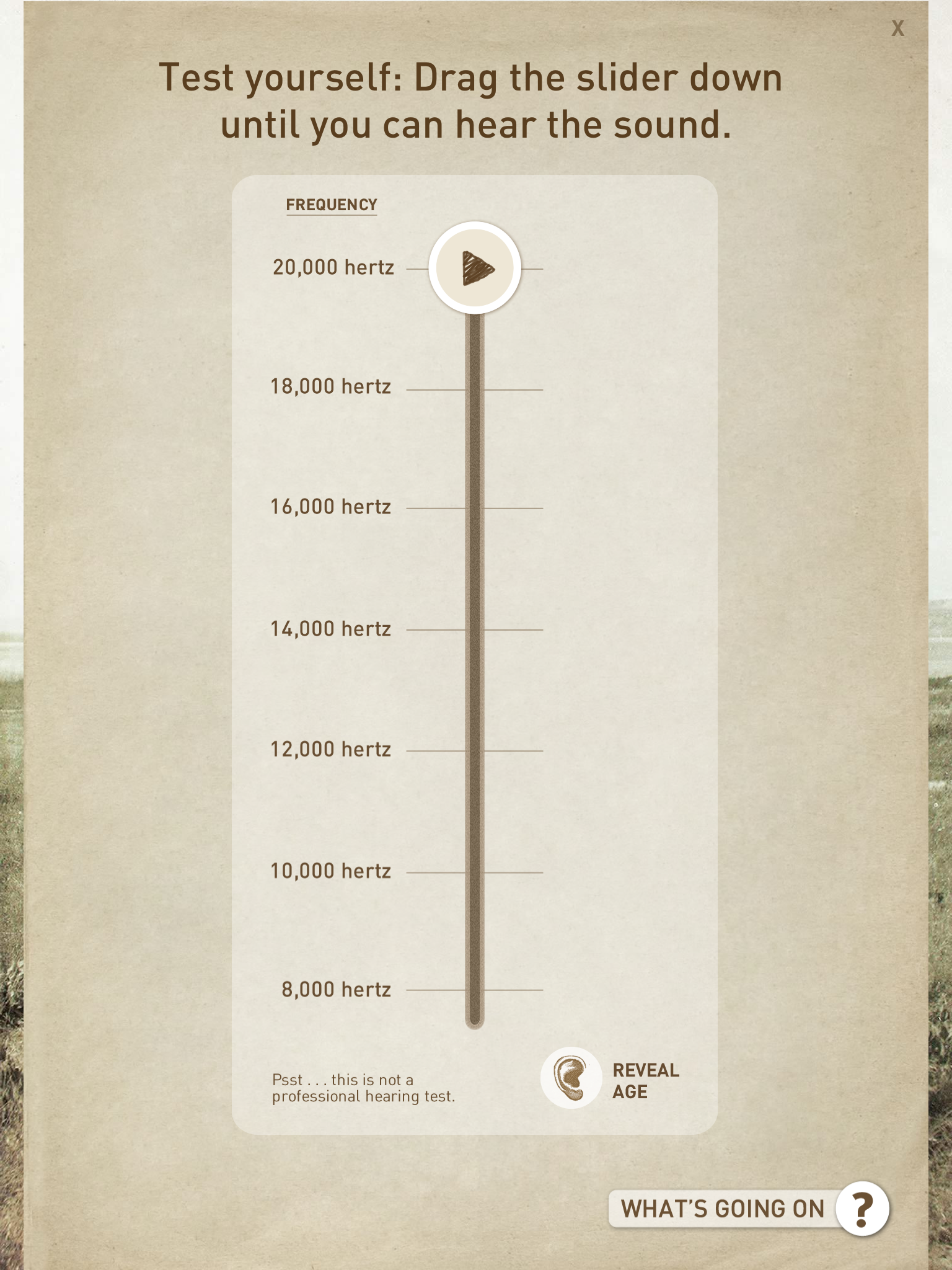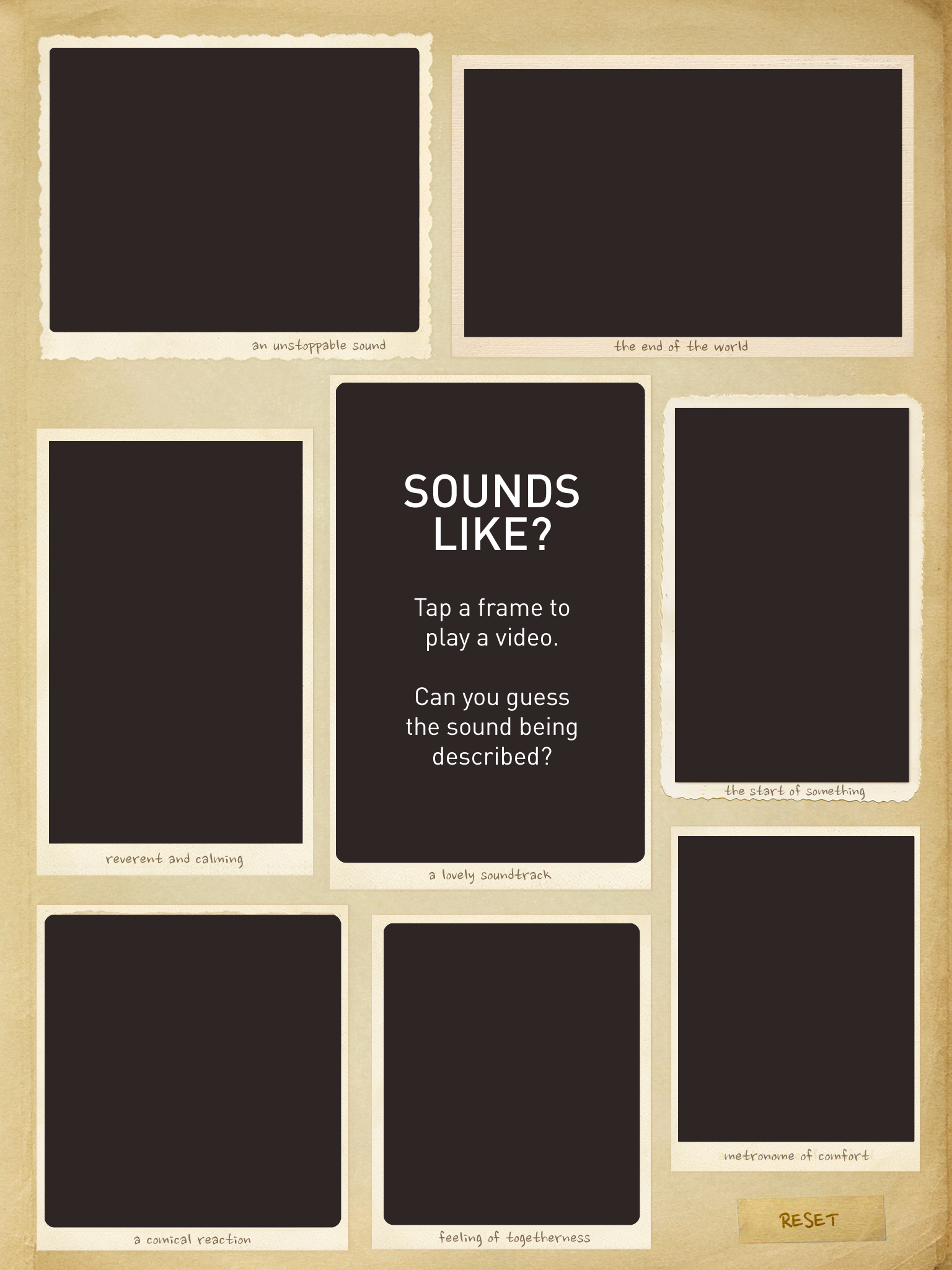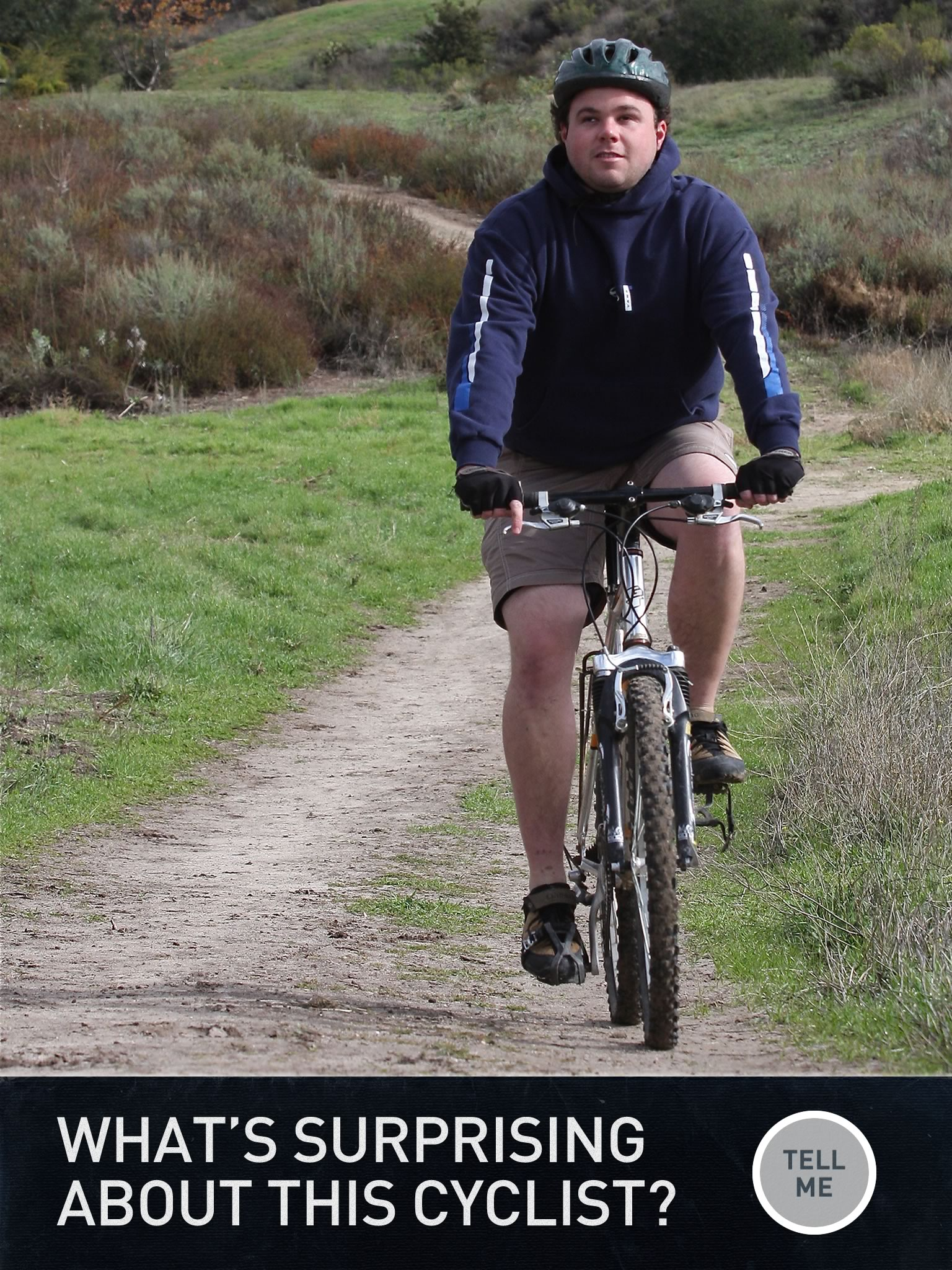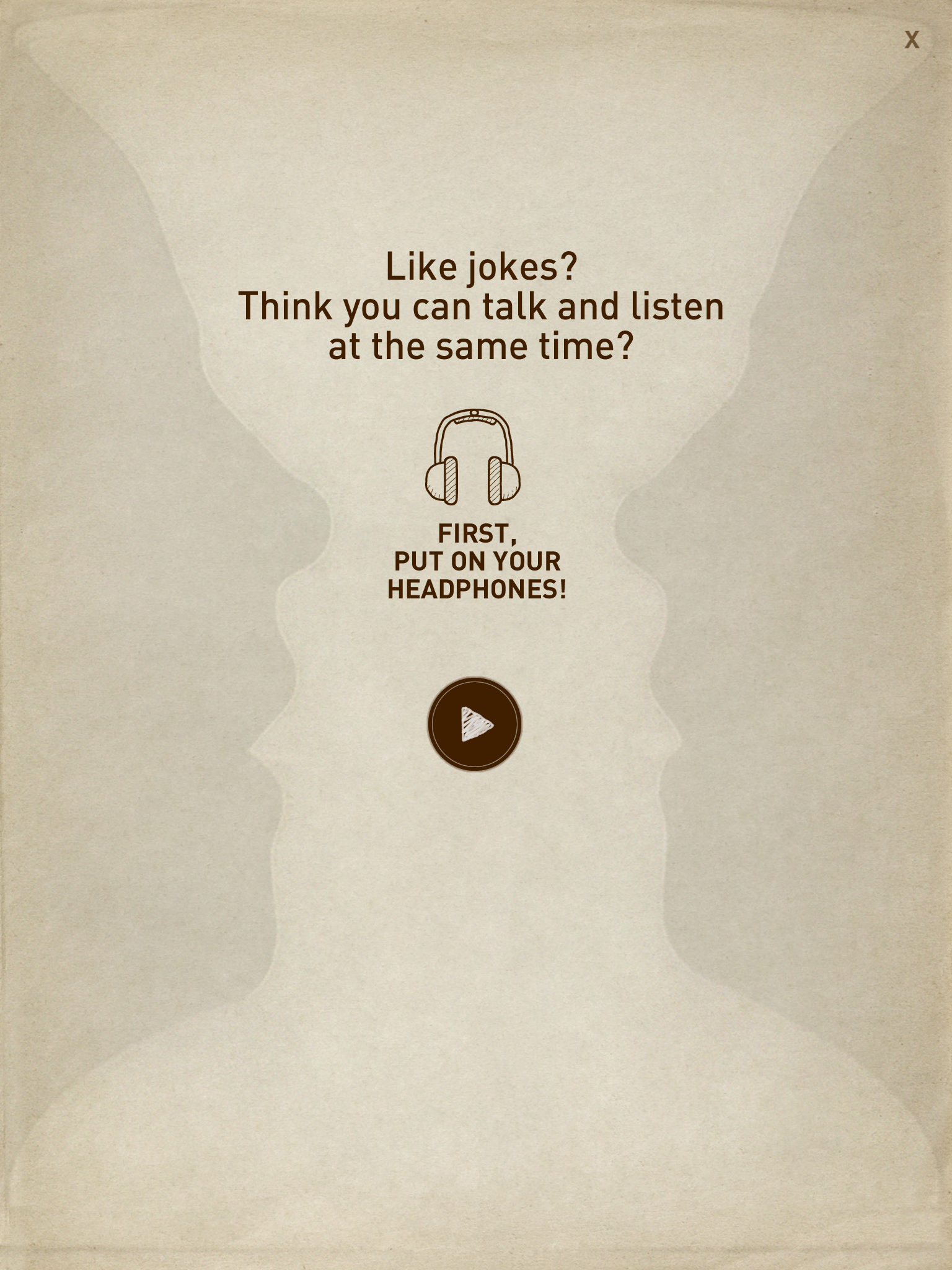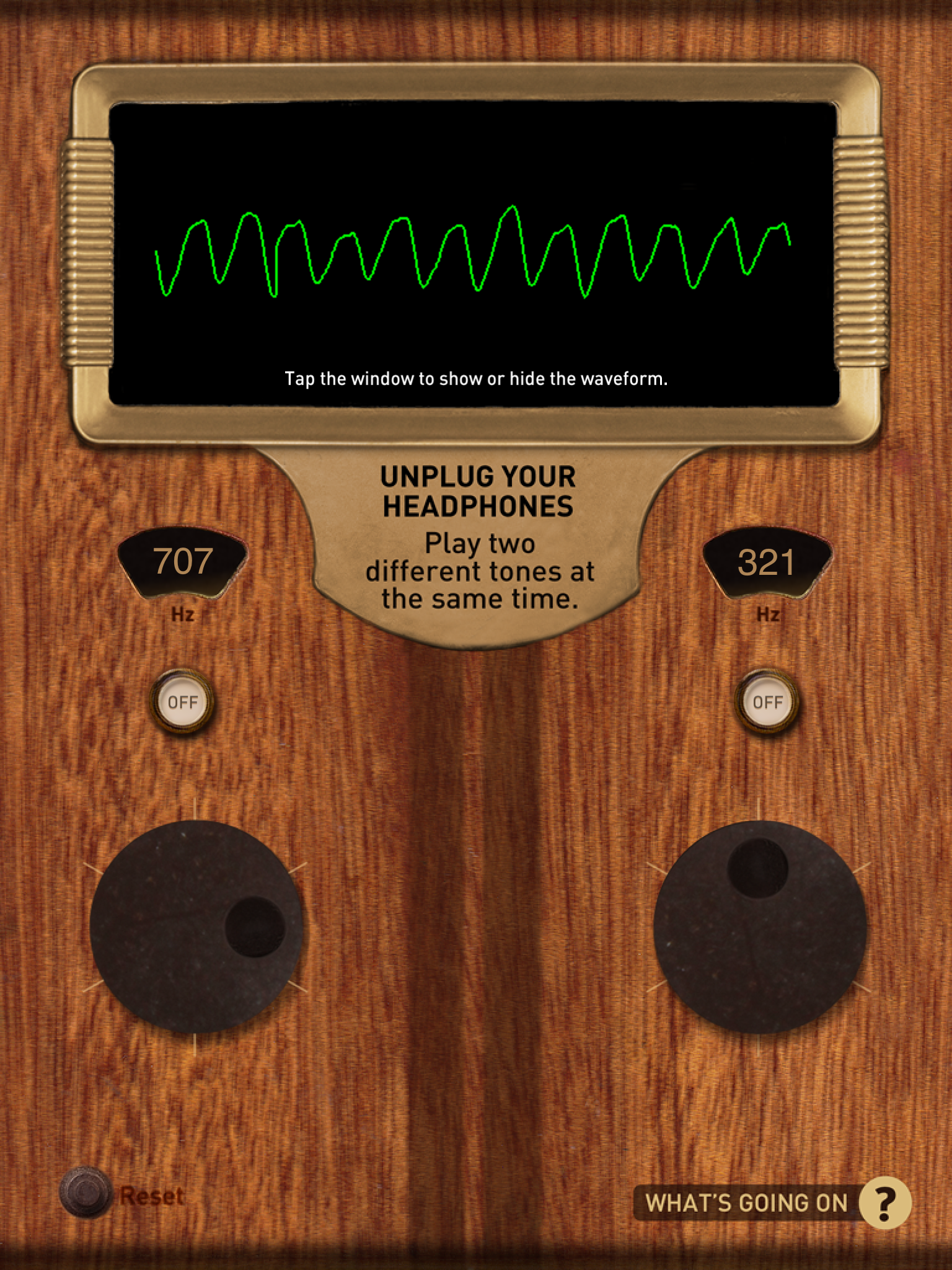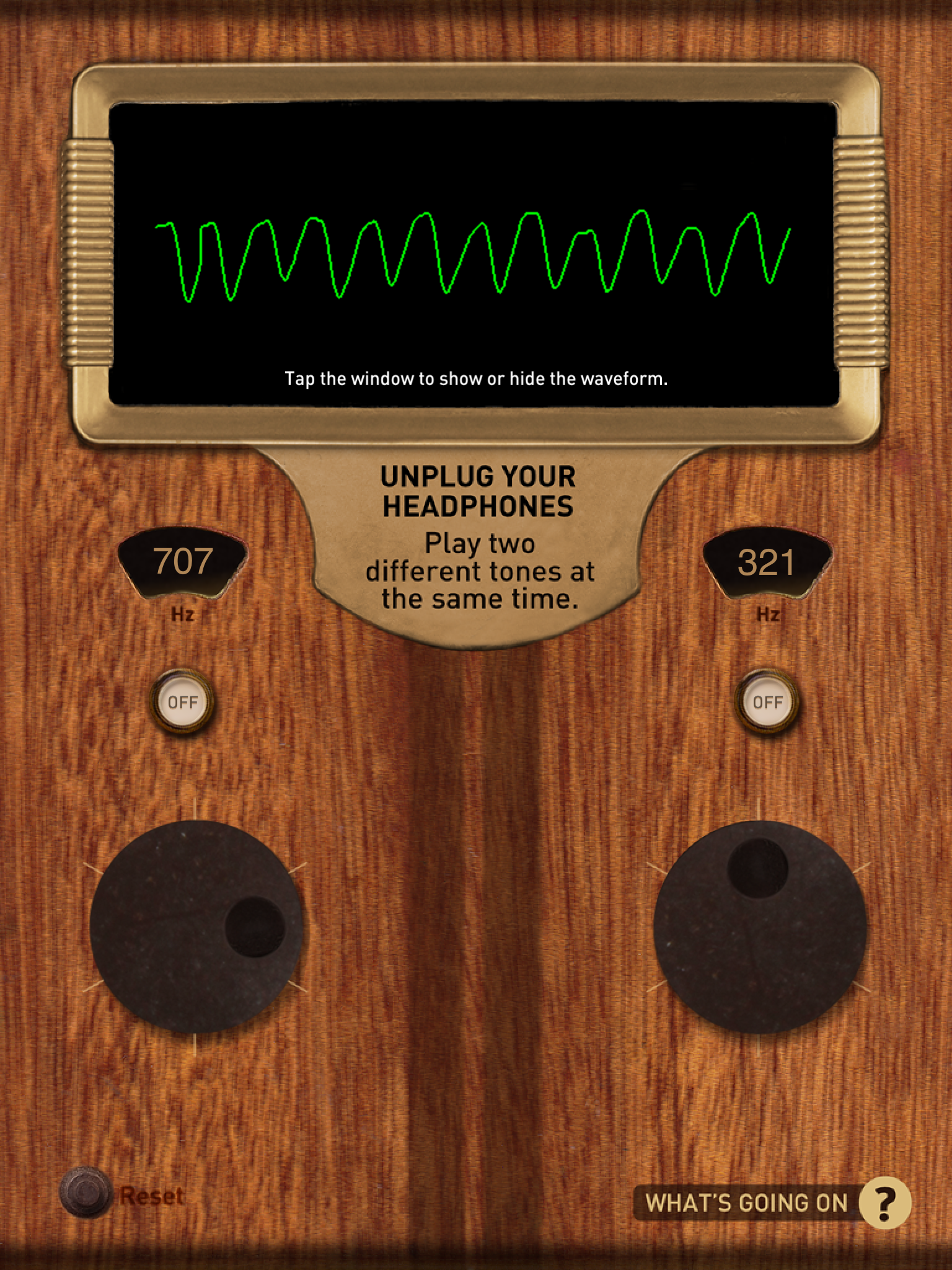The pared down version of roomscale VR comes at a cost to the user, I feel. Namely the appliance-like nature of the device so that the mass-produced all-in-one case can provide a three-click platform: turn on, choose game, hit go. The appliance also pares down what the ‘user’ should be able to do. I find that this channels the user into what the appliance’s designers want you to use and how you should use it. Think of it like an IKEA type VR. You shop at IKEA and all you can do is trundle through the alleyways following the arrows pointing you to checkout and exiting with items you never came in for. The format and style of current titles is also of a low poly nature, that to be frank, surely cannot keep going where every title has the same blocky nature.
Read MoreBelieve Me, This is Clickbait: Should Students know the difference between the effects of Mandela and Meme?
Should Students know the difference between the effects of Mandela and Meme?
One of my earliest memories of making persuasive imagery at school was one about not smoking and the other was on the effects of acid rain across european forests. Now, there are merits in both of these posters that, while they both are there to do good and teach the evils of the world to eight year old children, the sentiment behind both can persuade people to adopt the opposite of the message in hand. With selective imagery, careful copy and a poignant, catchy tagline the semi-believable becomes fact as if Groundhog Day shifted to April 1st. You, too, will have made something very similar when you were at school while still innocent and malleable enough to get fully behind the not smoking lark and thinking acid rain was about to decimate that apple tree at the end of your garden. It never did. Clever marketing and that human urge to be attracted to knowingly dangerous activities still led me to take up smoking at fourteen; I still touch wet paint. Mind you, I still ride my bicycle to work because, you know, fossil fuels and my love of apples. And, should you have had the gall or the wherewithal to question such ideals, then you would be quickly put on the right track by your teacher. Today you would be lambasted online as a denier much like you would have if you were a Christian in Rome 2000 years ago.
Read MoreWhy is the iPad no longer the king of 1:1 devices?
iPads, much like Apple’s laptops/desktops in schools, prestige only pays for prospective parents’ eyeballs as they walk around school. They see the logo glowing or gleaming from the backs of them and it shows that the school must put technology high on the agenda. This is no longer the case - it only means in the current climate that money is being willingly being thrown away where, it once had a strong argument due to ease of use and processes such as AirDrop. The iPad (Macbooks too) now have serious competition and I think that the once scoffed at Android/ Chromebook combo is making a lot of ground.
Read MorePen Enabled Devices For All?
When I presented with a few colleagues last weekend at FOBIT about the move (in our school at least) from solely typing into a device, that drawing on the screen has shifted from the basic slew of mis-matched jumbo-nibbed styluses we have seen in the last few years (both passive and powered and not including Wacom slates) to a fully functioning, Wacom precision input, we were heckled with a range of counter arguments. All of which, come from a place of either: my school would never allow this, an iPad can do the same thing, we want typing only and not reverting to old-school analogue methods, staff need to type and not write and, as our CEO had talked at length about our school’s ethos of using technology as a 1:1 school to harness future uses, we were told that we contradicting each other. The mentioning of change conjures funny reactions in the most unusual places.
Read MoreSonic Pi - Making, Mixing and Live Coding Music
Two performances did seem to transcend the present, with artists sharing music that felt like open-source software to paths unknown. The first, Sam Aaron, played an early techno set to a small crowd, performing by coding live. His computer display, splayed naked on a giant screen, showcasedSonic Pi, the free software he invented. Before he let loose by revising lines of brackets, colons and commas, he typed:
#This is Sonic Pi…..
#I use it to teach people how to code
#everything i do tonight, i can teach a 10 year old child…..
His set – which sounded like Electric Café-era Kraftwerk, a little bit of Aphex Twin skitter and some Eighties electro – was constructed through typing and deleting lines of code. The shadowy DJ sets, knob-tweaking noise and fogbank ambient of many Moogfest performers was completely demystified and turned into simple numbers and letters that you could see in action. Dubbed "the live coding synth for everyone," it truly seemed less like a performance and more like an invitation to code your own adventure.
Read MoreSound Uncovered - iPad App for Science/ Topic in Year 3
Sound Uncovered is a great, free app from here that is made by Exploratorium.com. We're beginning to use it in science and topic work where we're continuing using an ICT lab-free environment.
The Prompt sheet below is for the children who prefer a very structured way of going about things. The other children will have white boards etc to explore and revisit the prompts on the IWB.
You're free to edit the sheets and the presentation as you see fit.
Apple Distinguished Educator (ADE) Application
Several weeks ago news came through that Apple were holding their next round of applications to become a Distinguished Educator. The process is pretty striaght forward but the number of applicants is not. There are only 50 places available this time round (does it change?) for applications from 6 countries: Thailand, Singapore, Taiwan, Korea, Indonesia and the Philippines.
Integrated, Creative Educational Technology: A Fresh ICT Development
Integrated, creative educational technology means learning to use technology as the joint driving force for the lesson or project in hand. This is the mantra and ethos behind all of the changes we're putting in place at our school. It's a tall order. We have a very mixed set of abilites from both students and teachers alike - new students when they arrive seem to be off the pace and, by contrast, new staff seem to be right on. You can see, then, it's also very difficult to manage training for such a large number of teachers that is both meaningful and has an end skill they can use in the classroom.
Read MoreDesign Thinking: Workshops by Ewan McIntosh and Tom Barrett
On November the 8th we invited over Ewan McIntosh and Tom Barrett two of the leading specialists in ICT in education from the company NoTosh. They were here to work with all staff in Primary and Nursery plus a few from our Bi Lingual section too. They were here for 3 days and were structured so that year groups could work together in their teams and produce new and exciting resources to teach with. They also learned new methods to try and be more experimental with the ICT equipment we have in school.
The days began with our staff learning to use the Google suite of applications that mostly come with a Gmail account. Many people do not realise the potential that these applications have for education. Tom, who specialises in this field was the first teacher in the UK to become a certified Google Educator and leads the way in its use with his ideas called "Interesting Ways". If you should do a Google search for this you will see the variety of uses that have been put together from teachers all over the world.
Read MoreScratch and Bee-bots for Primary ICT - Year 1 Intro to Programming
Scratch and control as an ICT skills boost.
This term (February 2011) we are running a school wide control and programming topic that I feel is missing and entirely necessary to boost the attainment of ICT skills across the age range. Why am I doing this? The cohort I have inherited has such a wide ranging set of skills and inthe most part, poorly attaining children that we need to boost their awareness of what they can create with ICT. The way I envisage in doing this with Scratch from Year 1 to Year 6.
In the break between Christmas and Chinese New Year there is short half term that has seen the Year 3 children (who are my lowest achievers) realy take their learning into their own hands for te first time this academic year - and has prompted me to re-evaluate the path of the attainment for the rest of my year groups.
So this is ths plan:
To integrate scratch projects across the school from Year 1 to Year 6 with video accompaniment which should allow me to support the less confident children in my classes.
The first of the resources are as follows
Downloadable Scratch resources.
Children's Scratch introduction template
Children who need help to make the ICT Challenge - Basic grid game with several backgrounds

